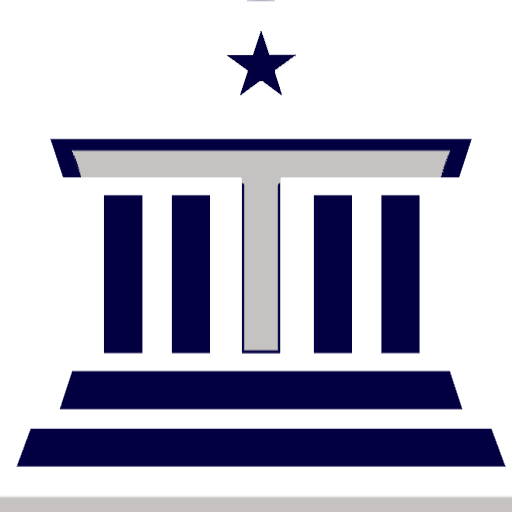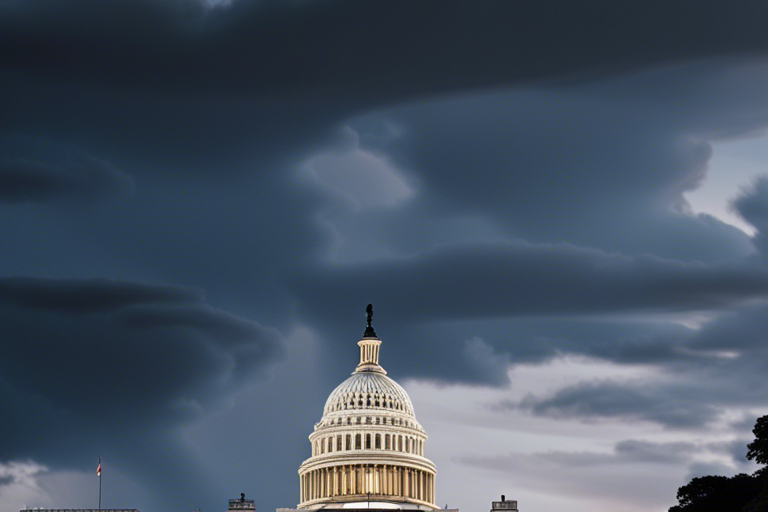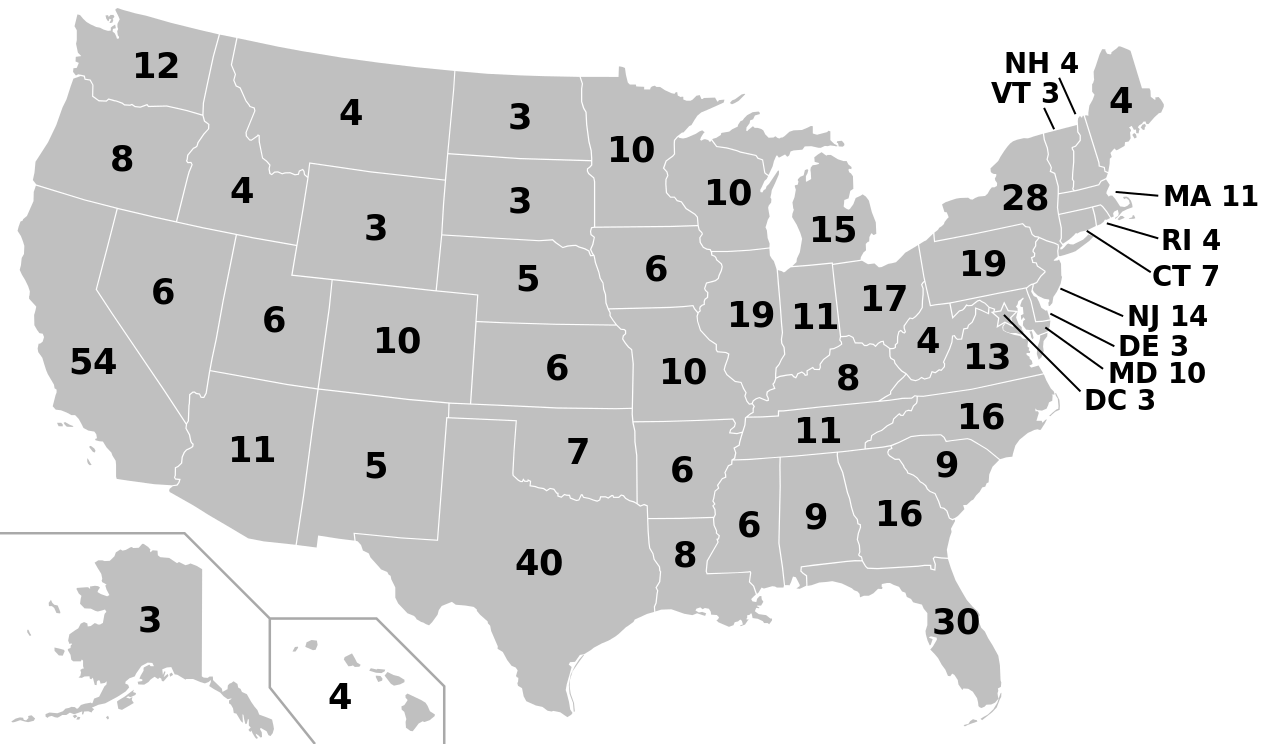On Wednesday, the United States faced the imminent possibility of experiencing its fourth partial government shutdown within the span of ten years, with only four days remaining until the deadline. In a proactive move, House Republicans declined to support a bipartisan bill proposed by the Senate, which aimed to provide funding for government agencies until mid-November.
If Congress does not pass a bill before midnight on Saturday (0400 GMT on Sunday), a significant number of federal employees will be forced to take unpaid leaves of absence, and various essential services, such as the release of economic data and nutrition benefits, will experience disruptions. The crucial objective is to ensure the enactment of legislation that can be signed into law by Democratic President Joe Biden.
The Senate, with a substantial majority of 77-19, has given its approval to initiate discussions on a plan aimed at funding the government until November 17. This proposal encompasses provisions for allocating approximately $6 billion towards domestic disaster response efforts, along with an extra $6 billion in assistance for Ukraine.
However, House Republicans in positions of authority quickly rejected this temporary Senate measure, emphasizing that any short-term funding measure passed by Congress should tackle the matter of individuals migrating across the U.S.-Mexico border.
House Majority Leader Steve Scalise, the second-highest-ranking member of the Republican Party in the House of Representatives, shared his perspective by stating that the Senate bill effectively extends its support for President Biden’s open border policy. According to Scalise, the nation’s primary focus should be on addressing the issue of the open border and taking measures to address this pressing concern.
Despite having a slim majority of 221-212 in the House, Republican legislators have not presented their own plan to fully finance the government. Instead, they are making an effort to approve a sequence of bills that encompass the entirety of the fiscal year, commencing on Sunday.
House Speaker Kevin McCarthy is currently encountering opposition from staunch members within his own party who have rejected a agreement he brokered with President Biden in May. This agreement entailed an allocation of $1.59 trillion for discretionary spending in fiscal 2024. However, these dissenting members are advocating for an additional reduction of $120 billion.
There are individuals within this group who are so adamant in their beliefs that they have gone as far as issuing threats to oust McCarthy from his position as a leader, should he support a spending bill that necessitates the support of Democratic votes in order for it to pass.
House Republicans are expected to present their own temporary measure on Friday, as mentioned by McCarthy.
It is crucial to understand that the disagreement over funding pertains to a comparatively small segment of the total budget for the United States, which is estimated to reach $6.4 trillion in the current fiscal year. It is worth noting that widely utilized programs such as Social Security and Medicare, which are anticipated to expand due to an aging population, will not be subject to reductions.
Representative Rosa DeLauro, the experienced Democratic member who holds a senior position on the House Appropriations Committee, urged her fellow lawmakers to contemplate the temporary measure proposed by the Senate, commonly known as a continuing resolution (CR). In her statement, she emphasized that the Senate’s bipartisan continuing resolution offers a sensible solution to ensure government operations continue unhindered as they finalize the allocation of funds for the fiscal year 2024. While acknowledging its imperfections, she underscored that adopting the measure is crucial in preventing a devastating and unnecessary government shutdown.
Senate Republican leader Mitch McConnell emphasized the significance of implementing measures, highlighting that government shutdowns have negative implications regardless of one’s perspective.
Expressing mounting apprehension among senators regarding the possibility of a government shutdown, Michael Bennet, a Democrat, and Joni Ernst, a Republican, introduced a legislation on Tuesday that mandates all 100 senators to be present or in close proximity to the Senate chamber during a shutdown. Failure to comply with this requirement may result in apprehension by the Senate’s sergeant-at-arms.
Although these apprehensions exist, staunch Republicans, such as former President Donald Trump, who is currently positioned as the leading candidate for the party’s presidential nomination in 2024, have minimized the potential consequences of a shutdown and, in certain instances, have even actively supported it.









Leave a Reply